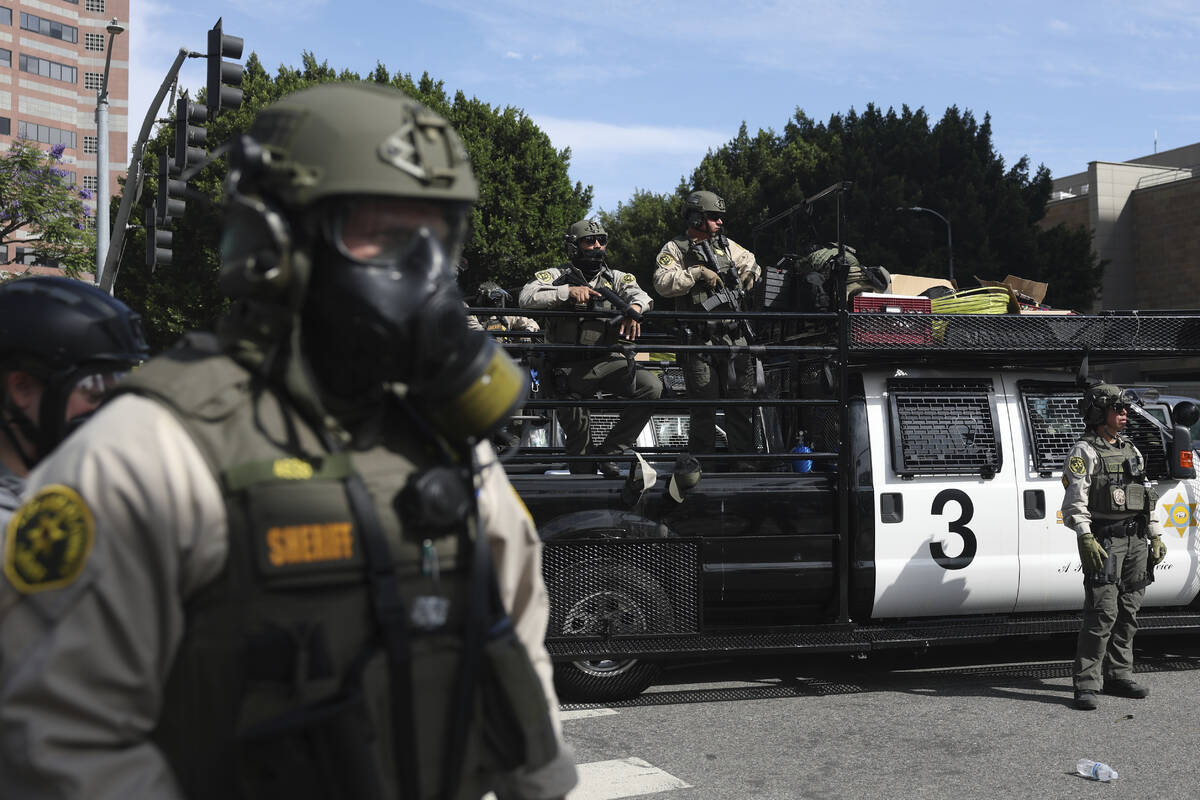California Bans Law Enforcement from Wearing Masks During Operations
On September 20, 2025, California became the first U.S. state to ban most law enforcement officers, including federal immigration agents, from wearing masks during official operations, igniting a national debate over transparency, safety, and civil rights.

California Governor Gavin Newsom signed a landmark bill on September 20, 2025, making California the first state in the nation to prohibit most law enforcement officers—including federal immigration agents—from covering their faces during official operations. The law, which comes in the wake of controversial immigration raids in Los Angeles, has drawn sharp criticism from federal officials and sparked heated debate over the balance between public transparency and officer safety.
Background and Motivations
The new law was introduced after a series of high-profile immigration raids in Los Angeles, where federal agents wearing masks and lacking visible identification detained dozens of individuals. These actions triggered widespread protests and led to the deployment of National Guard troops and U.S. Marines to the area. Governor Newsom, flanked by state lawmakers and immigrant community leaders at the bill signing in Los Angeles, emphasized California’s diversity—27% of its residents are foreign-born—and framed the law as a defense of civil rights and democratic norms. Newsom described the masked operations as reminiscent of a “dystopian sci-fi movie,” citing concerns over unmarked vehicles, masked officers, and the disappearance of individuals without due process.
Provisions and Exceptions
The law prohibits local and federal officers, including immigration enforcement agents, from wearing neck gaiters, ski masks, or other facial coverings while conducting official business. There are exceptions for undercover agents, medical masks such as N95 respirators, and tactical gear. Notably, the law does not apply to state police. Supporters argue the measure is necessary to restore public trust in law enforcement, prevent impersonation of officers, and protect the rights of immigrants and other vulnerable communities. The law’s passage follows a recent Supreme Court decision allowing the Trump administration to resume sweeping immigration operations in Los Angeles, further intensifying the debate.
Federal Pushback and Legal Uncertainty
Federal officials have strongly condemned the law. Acting U.S. Attorney for Southern California Bill Essayli asserted on social media that California lacks jurisdiction over federal agencies and that the mask ban would not affect federal operations. Essayli instructed federal agencies to continue protecting their agents’ identities, citing concerns over harassment and threats. Homeland Security Assistant Secretary Tricia McLaughlin called the law “despicable” and accused California officials of endangering federal officers, especially as assaults on agents have reportedly increased. However, Governor Newsom challenged these claims, stating that federal officials have failed to provide evidence of a surge in attacks and accused them of spreading misinformation.
National Implications and Ongoing Debate
The California law has national resonance, with similar proposals introduced in several other states, including Tennessee, Michigan, Illinois, New York, Massachusetts, and Pennsylvania. Proponents see the measure as a necessary check on law enforcement power and a safeguard against abuses, while critics argue it puts officers at risk and undermines federal authority. The law’s enforceability, particularly regarding federal agents, remains uncertain and may be subject to legal challenges. As the debate continues, California’s move is likely to shape the national conversation on law enforcement transparency, civil liberties, and the limits of state versus federal power.